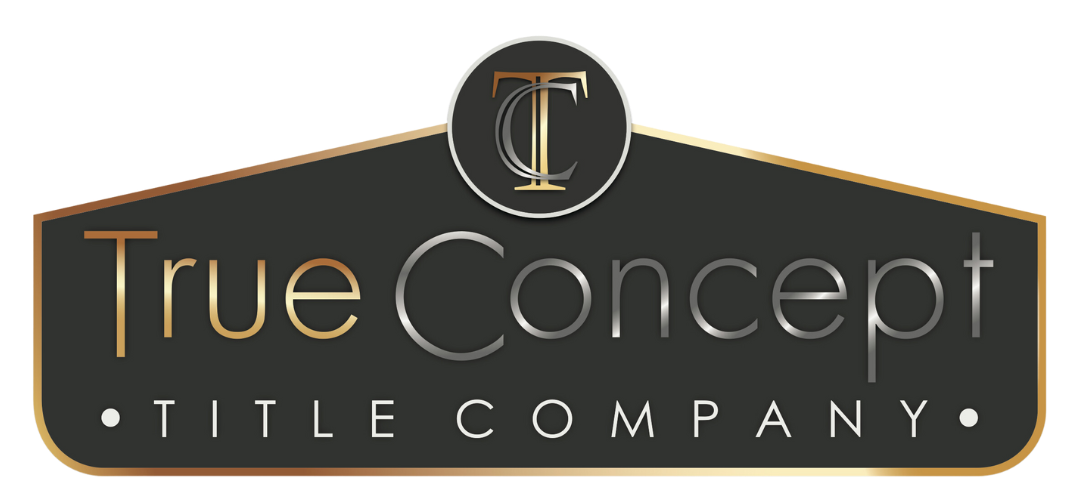10 Essential Questions to Ask Your Title Company Before Closing
10 Questions to Ask Your Title Company Before Closing
Are you prepared for the biggest investment of your life? Understanding the title and closing process is crucial when buying a home. To ensure a seamless experience, it's essential to ask the right questions of your title company. In this article, we’ll outline ten vital questions to pose to your title company before you close, helping you navigate the title process with confidence and clarity.
What You’ll Gain from This Article
By the end of this article, you will have a comprehensive understanding of the key questions to ask your title company, empowering you to make informed decisions and avoid pitfalls in the home-buying process. You will learn about important aspects to consider that may affect your closing and ensure a smooth transaction from start to finish.
What Services Do You Provide?
Understanding the range of services your title company offers is vital. Not all title companies provide the same services, and knowing what to expect can set the stage for a smoother transaction. Ask your title company if they offer:
- Title search and examination
- Title insurance
- Document preparation
- Closing and escrow services
- Additional legal support
A comprehensive title company, like
True Concept Title, should provide all necessary services to streamline your real estate transaction.
How Much Will the Title Insurance Cost?
Title insurance is a crucial component of the closing process. Its cost can vary significantly based on the property’s location and the amount of coverage. Make sure to inquire about the title insurance premium upfront and whether it will be included in the closing costs.
A reputable title company should provide a detailed estimate that breaks down the costs associated with title insurance. Understanding these costs early on will help you avoid surprises at the closing table.
What Does the Title Insurance Policy Cover?
Not all title insurance policies are created equal, so it’s essential to ask specific questions about what your policy will cover. Common items to clarify include:
- Are you protected against existing liens, judgments, or claims against the property?
- Does the policy cover issues such as fraud or undisclosed heirs?
- What are the exclusions from coverage?
Understanding the details of your title insurance policy will give you peace of mind knowing you are protected against significant financial loss.
Can You Provide a Sample Title Commitment?
A title commitment is a document outlining the terms of the title insurance policy. Requesting a sample title commitment before closing can provide insight into the types of issues that may be uncovered and how they will be addressed. By reviewing a sample, you can better understand the policy's language and ensure all necessary coverages are included.
What Is the Timeline for Closing?
Understanding the timeline for closing is essential for effective planning. Ask the title company about their typical timeline and any factors that could affect your specific timeline for closing. Knowing the expected time frame will help you coordinate with your lender and real estate agent to ensure everything is in order.
Will You Handle All Aspects of the Closing Process?
Ask your title company whether they will manage the entire closing process or if they will rely on other parties, such as attorneys or third-party escrow companies. Knowing who to expect at the closing and who will handle documentation can help you prepare better for the closing day.
A title company that manages all aspects of the closing provides continuity and a single point of contact, reducing the risk of miscommunication or delays.
What Happens If There Are Title Issues?
Issues can arise even with thorough title searches. Inquire about the process for resolving any title issues that may appear before closing. Small problems can usually be addressed quickly, but larger issues may require more time and effort to resolve.
A proactive title company should guide you through this process, outlining their approach to resolving any identified title issues and protecting your investment in the property.
Are There Any Additional Fees I Should Be Aware Of?
It’s essential to clarify any additional costs associated with the title and closing process. Title companies may charge for services like document preparation, courier fees, or recording fees. Request a detailed estimate of all costs upfront, so you're prepared and can budget accordingly.
Transparency in fee structures is crucial, and a trustworthy title company will provide you with a clear understanding of all potential expenses.
How Do You Support Buyers and Sellers During Closing?
Understanding how the title company supports both buyers and sellers during the closing process can provide valuable insight into their operations. Ask them about their communication practices, availability for questions, and overall customer service philosophy. A responsive title company should be approachable and eager to answer any questions you may have.
What Should I Bring to the Closing?
Lastly, ask your title company what documents or items you need to bring to the closing. Common documents include:
- A valid ID
- Homeowner's insurance policy
- Any additional paperwork related to the sale
- Closing Disclosure Statement
- Any required funds for down payment or closing costs
Clarifying these requirements upfront will help you be well-prepared for the closing day, ensuring a smooth and efficient process.
Conclusion
Asking the right questions is vital when selecting a title company and preparing for your closing. By understanding the services they offer, clarifying costs, and knowing what to expect, you can mitigate risks and navigate the complexities of the home-buying process with confidence.
At True Concept Title, we pride ourselves on our dedication to transparency, client education, and ensuring that each transaction is handled with care. If you’re in the process of buying a home or need title services, reach out to True Concept Title today. Our experienced team is here to answer your questions and guide you through every step of the closing process. Contact us now to secure your title needs and enjoy peace of mind throughout your real estate journey!











